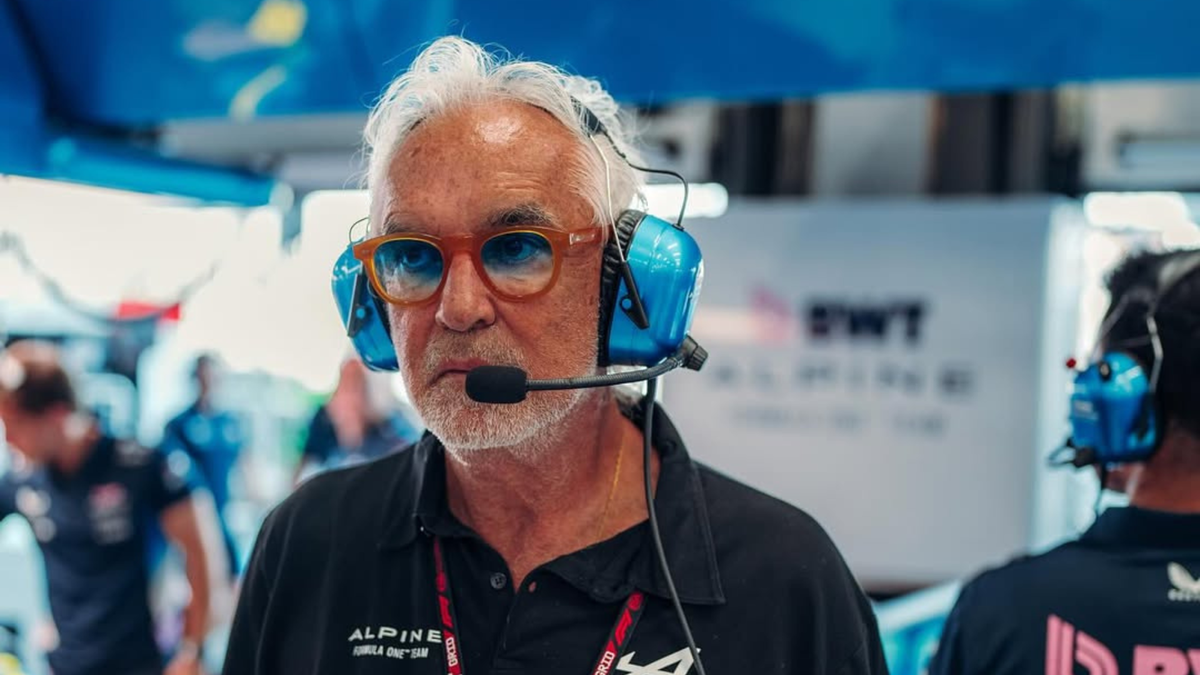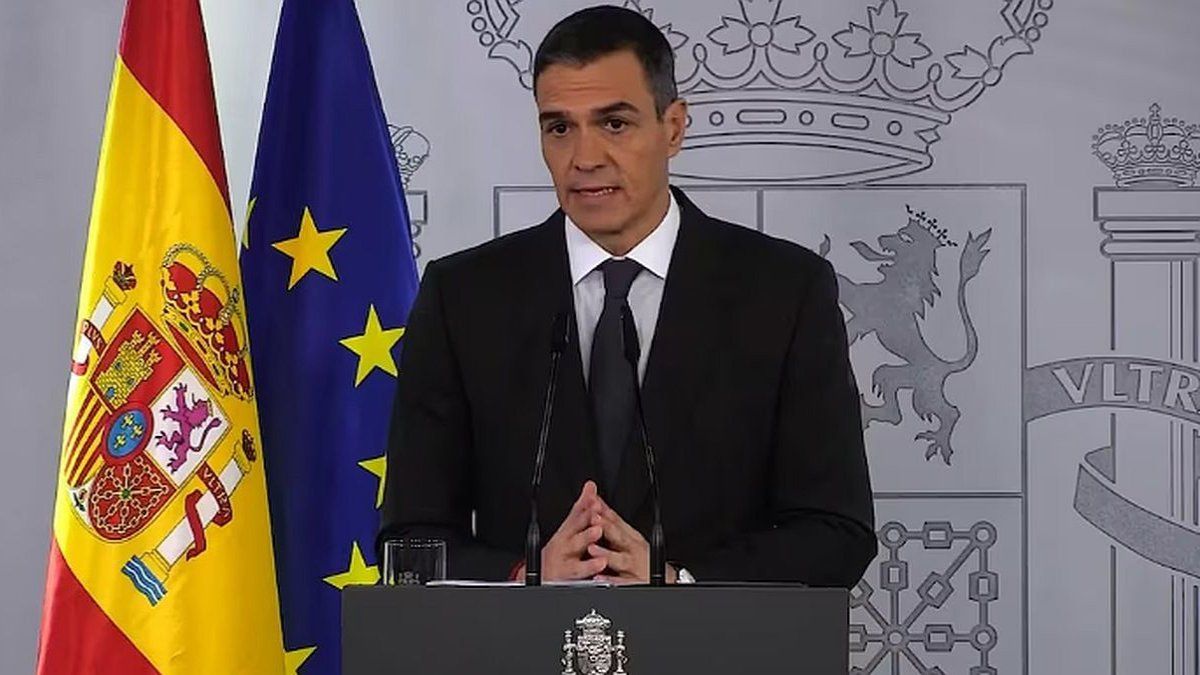Image: APA/GEORG HOCHMUTH
After taxes, a profit of 5.175 billion euros remains. OMV boss Alfred Stern does not feel guilty about this: An important contribution has been made to security of supply, and “the Republic of Austria benefits most from a successful OMV,” said Stern on Thursday to the APA.
“We are extremely proud at OMV that we were able to have a record year,” said Stern. The Group’s operating result more than doubled to EUR 12.246 billion, while net profit was EUR 5.175 billion, 85 percent higher than in the previous year. Group revenues increased by 75 percent to EUR 62.3 billion, primarily due to higher market prices.
In the efforts to diversify the gas supply, OMV achieved a lot in the past year, emphasized Stern. But the Republic is also benefiting financially: OMV is already paying 300 million euros for 2022 with regular taxes and duties such as the subsidy interest rate. About 620 million euros would be distributed to ÖBAG via dividends and special dividends, i.e. also to the Republic. In addition to the special dividend that has already been decided, OMV shareholders are to receive a higher regular dividend of EUR 2.80 (2.30) per share. Together with other taxes, OMV delivers around one billion euros to the state.
Contribution of approx. 1.6 percent to the gross national product
“We contribute about 1.6 percent of the gross national product to the Austrian economy, we employ a lot of people and we also supply energy for the whole country, which makes life as we have it possible at all”, the CEO underlined the economic importance of OMV.
However, OMV only generates about 7 percent of the operating results before special effects in Austria in the energy sector – and only the energy sector is affected by the “solidarity taxes”, i.e. it is subject to a special tax. “We estimate today that that will be around 90 million euros.”
Russian participation written off
OMV in Russia still has a stake in the Russian gas field Yuzhno-Russkoye. This stake has already been written off, but this gas field is also of strategic importance for Russia, “and so the legal framework for exiting there is very limited.” A distribution of dividends to companies from “enemy countries” is forbidden in Russia, so there is no longer a contribution to earnings from Russia.
The tightening of the oil embargo against Russia – sanctions against oil products from Russia will come into force on February 5 – will lead to further market shortages. Europe has imported a lot of diesel from Russia and diesel prices have been higher than gasoline prices for some time, Stern said. “The situation will of course not improve as a result of what comes into force on Sunday.” However, the expansion of the embargo has already been priced in to a large extent. In order to compensate for the loss of Russian oil products, one will have to rely on imports from other regions, such as the Middle East or Asia.
In its planning for this year, OMV is assuming a Brent oil price of over 80 dollars per barrel. “That’s less than last year, but still at a very high level.” The gas price at the Trading Hub Europe is assumed to be EUR 60 to 70 per megawatt hour. “This is also less than what we had in 2022, but still significantly above the historical average.”
fracking
When discussing the use of the controversial fracking method for gas production in Austria, the OMV boss pointed out that such production would require a very long lead time. However, one cannot “overcome the current crisis situation by proposing a solution that will only lead to a result in four, five, six years”. That’s why OMV has booked pipeline capacities for non-Russian gas, “so that today we can supply all of our customer obligations with non-Russian gas.”
In addition, an energy turnaround is being sought in Austria, “and the later you start with such gas production in Austria, the less interesting it becomes, of course, because you actually planned to exit”.
The well-known gas fields in the Weinviertel and Vienna Basin are practically exhausted, Stern explained. “That’s why we did a large-scale seismic survey in the Vienna Basin and in the Weinviertel.” This is not about fracking, but about conventional gas production. At the end of last year, a test well was started in Wittau, “so we want to see whether we can still produce here”. Molln in Upper Austria, about which there has recently been a lot of excitement, is also a conventional deposit, “if there is something inside”.
more from economy




